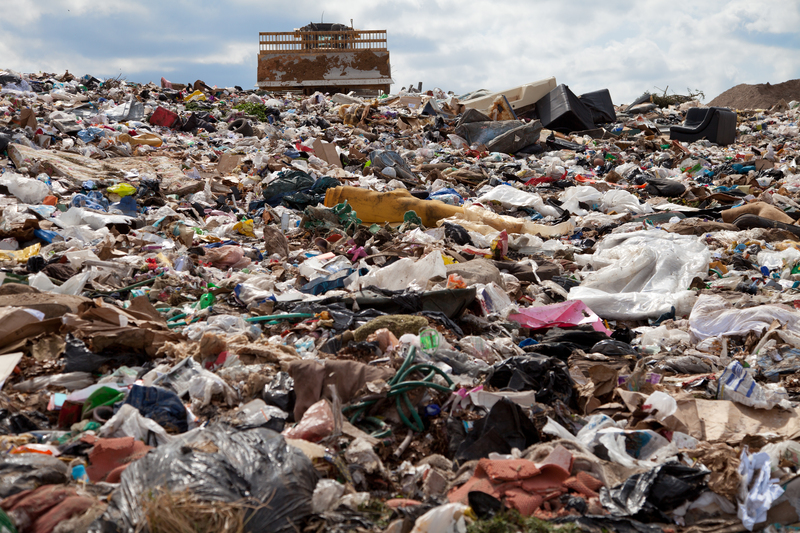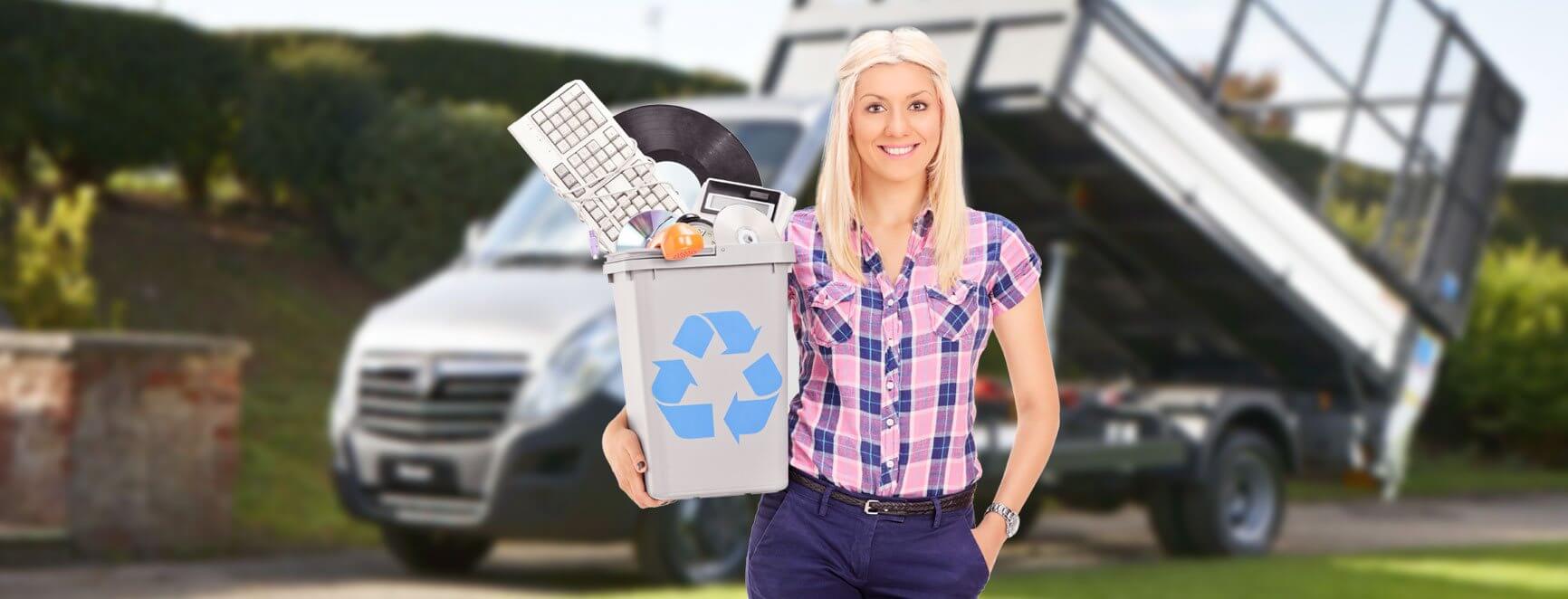Things you should never do when it comes to managing your rubbish
Posted on 10/07/2024
Handling rubbish and waste disposal can often be a daunting and overwhelming task. With the rising concern about proper waste management and its impact on the environment, there is a lot of pressure to ensure that we are doing it correctly. However, in our attempts to be responsible citizens, there are certain things that we should never do when it comes to managing our rubbish. In this article, we will discuss these mistakes and provide tips on how to avoid them.
Not separating your waste
One of the biggest mistakes people make when it comes to rubbish management is not separating their waste. Instead of having different bins for recyclables, food waste, and general waste, many people tend to throw everything into one bin. This makes it difficult for recyclable materials to be sorted and recycled, resulting in more waste going to landfill sites.
To avoid this mistake, it is essential to have separate bins for different types of waste. Recyclable materials such as paper, plastic, glass, and metal should be put in their respective bins. Food waste should be collected in a compost bin or disposed of separately for composting. By doing this, you will not only reduce the amount of waste going to landfills but also contribute towards creating a greener environment.

Burning your rubbish
Another common mistake people make is burning their rubbish. While it may seem like an easy way to get rid of waste, burning releases harmful toxins into the air and contributes to air pollution. It also poses a risk of starting bushfires, especially during hot and dry weather conditions.
Instead of burning your rubbish, dispose of it properly through recycling or using collection services provided by your local council. If you have large amounts of green waste or branches from pruning trees and shrubs, consider turning them into mulch or taking them to a designated green waste facility.
Improper disposal of hazardous materials
Hazardous materials such as batteries, pesticides, chemicals, and electronic waste require special handling and disposal methods. However, many people make the mistake of throwing them in with their regular household waste. This not only poses a risk to the environment but also to the health and safety of those handling the waste.
To avoid this mistake, it is essential to educate yourself on how to properly dispose of hazardous materials. Many local councils offer free drop-off services for hazardous waste or have designated collection days. You can also check with your local recycling center for specific instructions on disposing of hazardous items.
Failing to reduce waste
The best way to manage rubbish is by producing less waste in the first place. Many people make the mistake of buying excessive amounts of food or products, leading to a lot of unnecessary waste. This not only impacts the environment but also our wallets.
To reduce waste, consider buying products in bulk or opting for package-free alternatives. Bring reusable bags when shopping and invest in reusable containers for storing leftovers instead of using single-use plastic bags and cling wrap. By reducing our consumption, we can significantly decrease the amount of waste we produce.
The Pros and Cons
Pros:
- Proper rubbish management helps protect the environment and reduces pollution.
- Separating waste allows for effective recycling, leading to a more sustainable future.
- Disposing of hazardous materials correctly ensures safety and protects public health.
- Reducing waste saves money and resources.
Cons:
- Proper rubbish management requires effort and commitment from individuals.
- Some recycling facilities may not accept certain types of waste.
- Not all areas have access to green waste collection services for proper disposal.
- Switching to package-free alternatives or buying in bulk may require adjusting lifestyle habits.
Tips for better rubbish management
1. Educate yourself on proper waste management practices in your area.
2. Invest in separate bins for different types of waste.
3. Be mindful of the products you purchase and consider package-free or bulk options.
4. Properly dispose of hazardous materials through designated drop-off services.
5. Compost food waste to reduce the amount going to landfills.
6. Donate or recycle items that are still in good condition instead of throwing them away.

Takeaways
- Separating waste, avoiding burning, and disposing of hazardous materials correctly are crucial steps in proper rubbish management.
- Reducing waste through sustainable practices can have a significant impact on the environment and our wallets.
- Educating ourselves and making small changes can lead to a more sustainable future.
Conclusion
Managing our rubbish may seem like a daunting task, but by avoiding these common mistakes and following proper waste disposal practices, we can all contribute towards creating a cleaner and greener environment. Remember to separate your waste, avoid burning, dispose of hazardous materials correctly, reduce your consumption, and be mindful of your choices when it comes to waste management. Let's work together towards a more sustainable future for generations to come.





